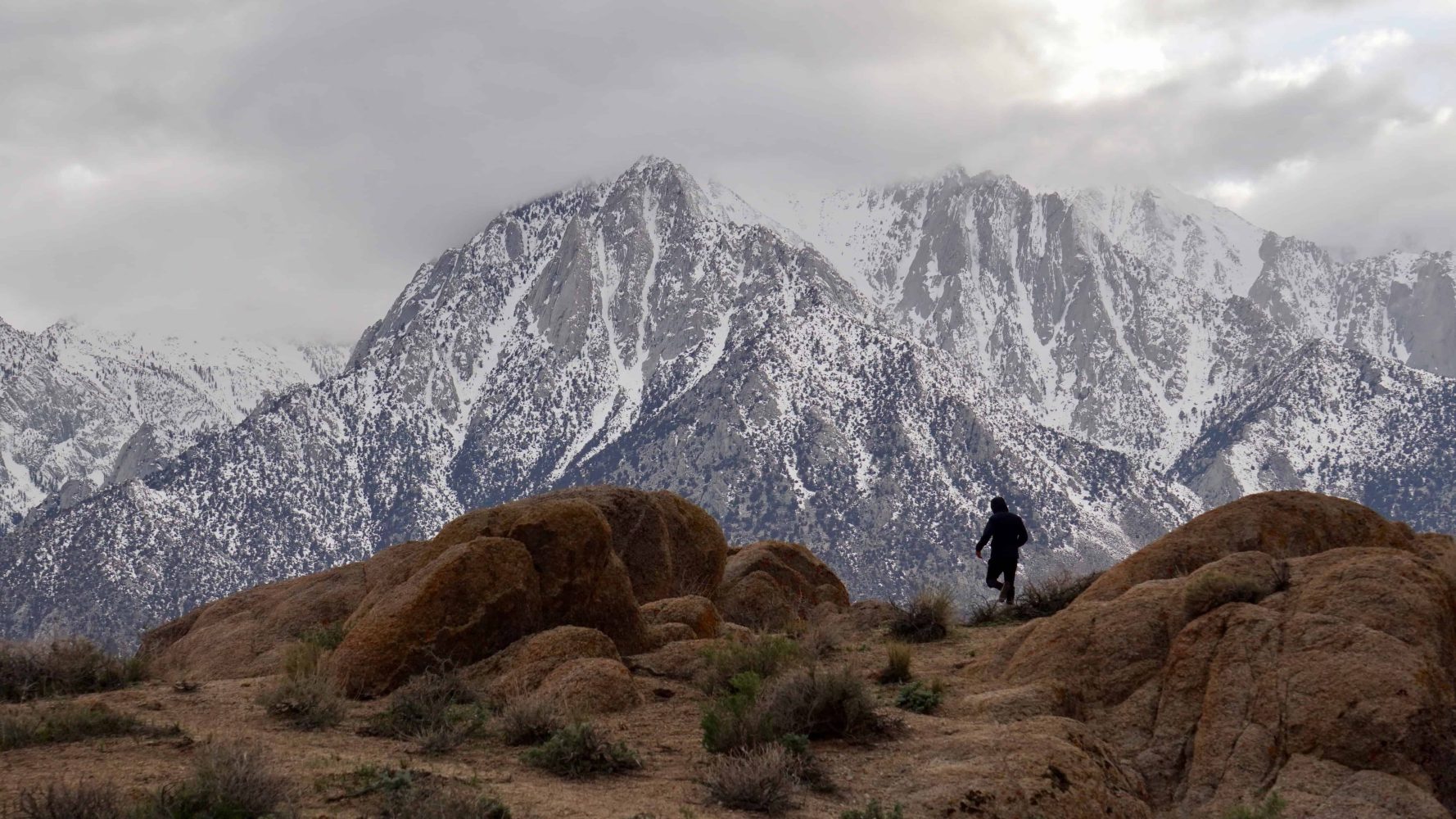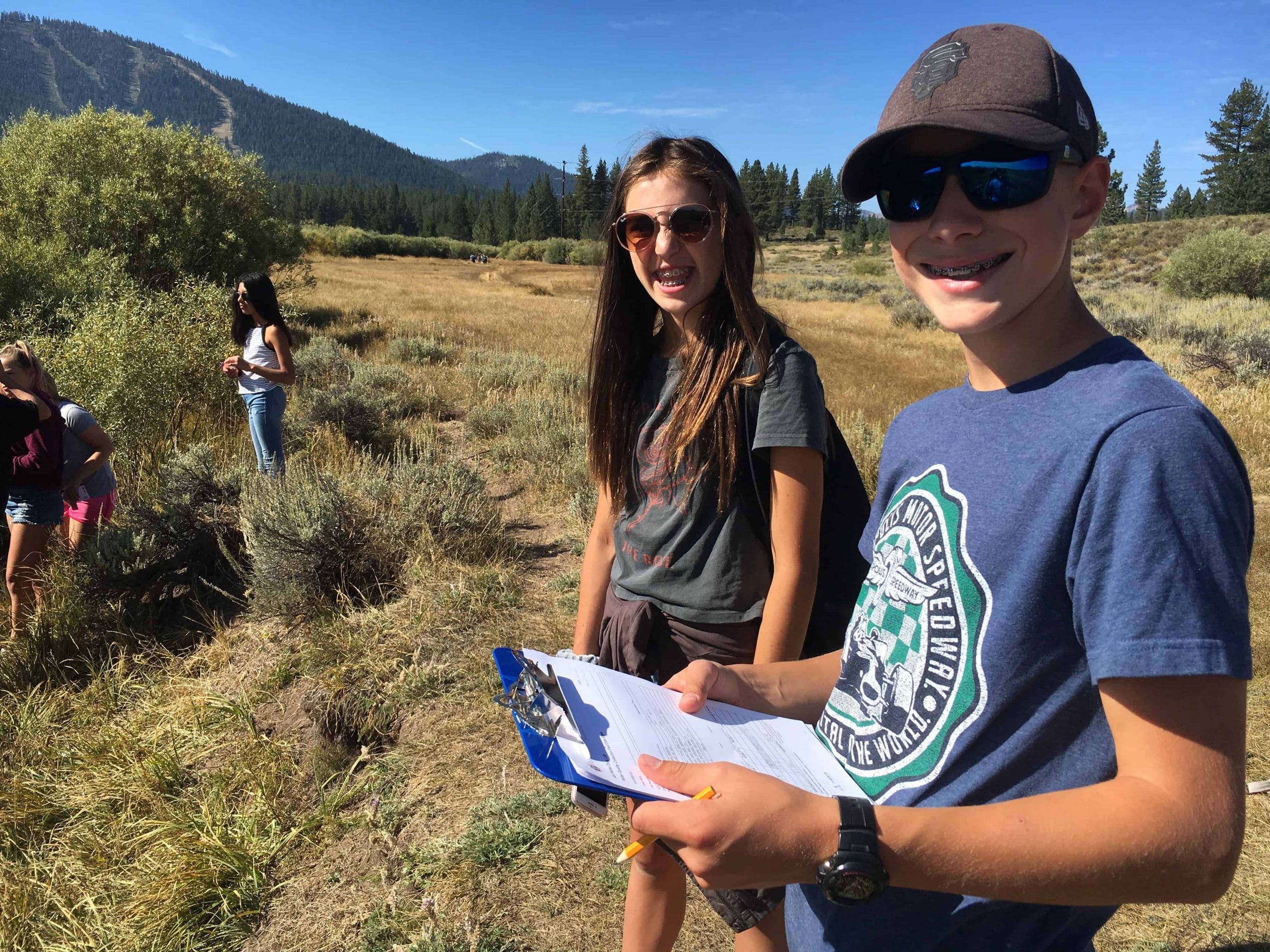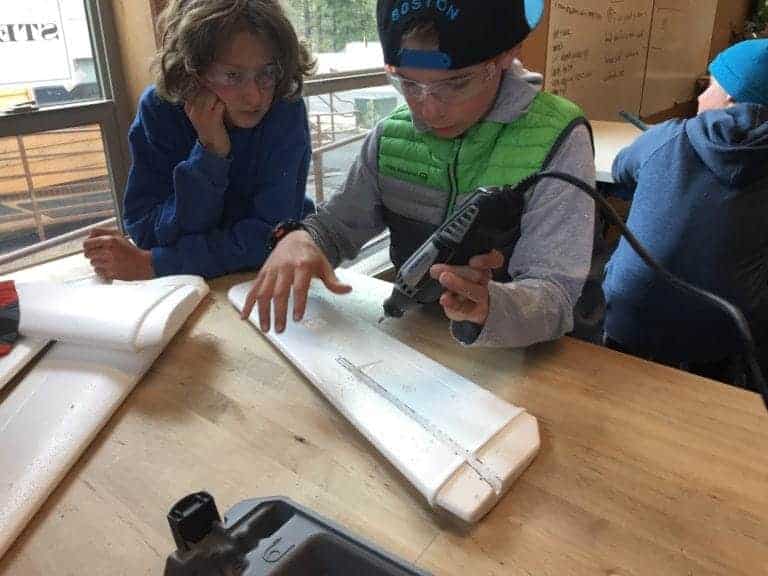Real-World Problems Being Tackled by 2019-20 TEA Students
Students have the power to solve real-world problems here and now, so that's what we do at TEA.
And along the way, we integrate national standards into the work being done by our students. So what are they taking on this year? Here’s a quick description of the projects each of our grades will be taking on this Fall semester.
While reading, consider these essay prompts found on the current College Common App. By bringing the real-world into the classroom, we’re confident that TEA grads will have a few stories to share for each of these.
Pre-Kindergarten - The lost the art of face to face communication
We will spend September getting to know ourselves, friends and school community through our Forever YOUng expedition.
Many of us have lost the art of face to face communication due to technology. During this expedition, we will focus on reconnecting within our class, school, and community through conversation, story and song. Learning targets include – I can be kind, I can be a good listener, I can be respectful. Our class mantra is “kind thoughts, kind words, kind heart.”
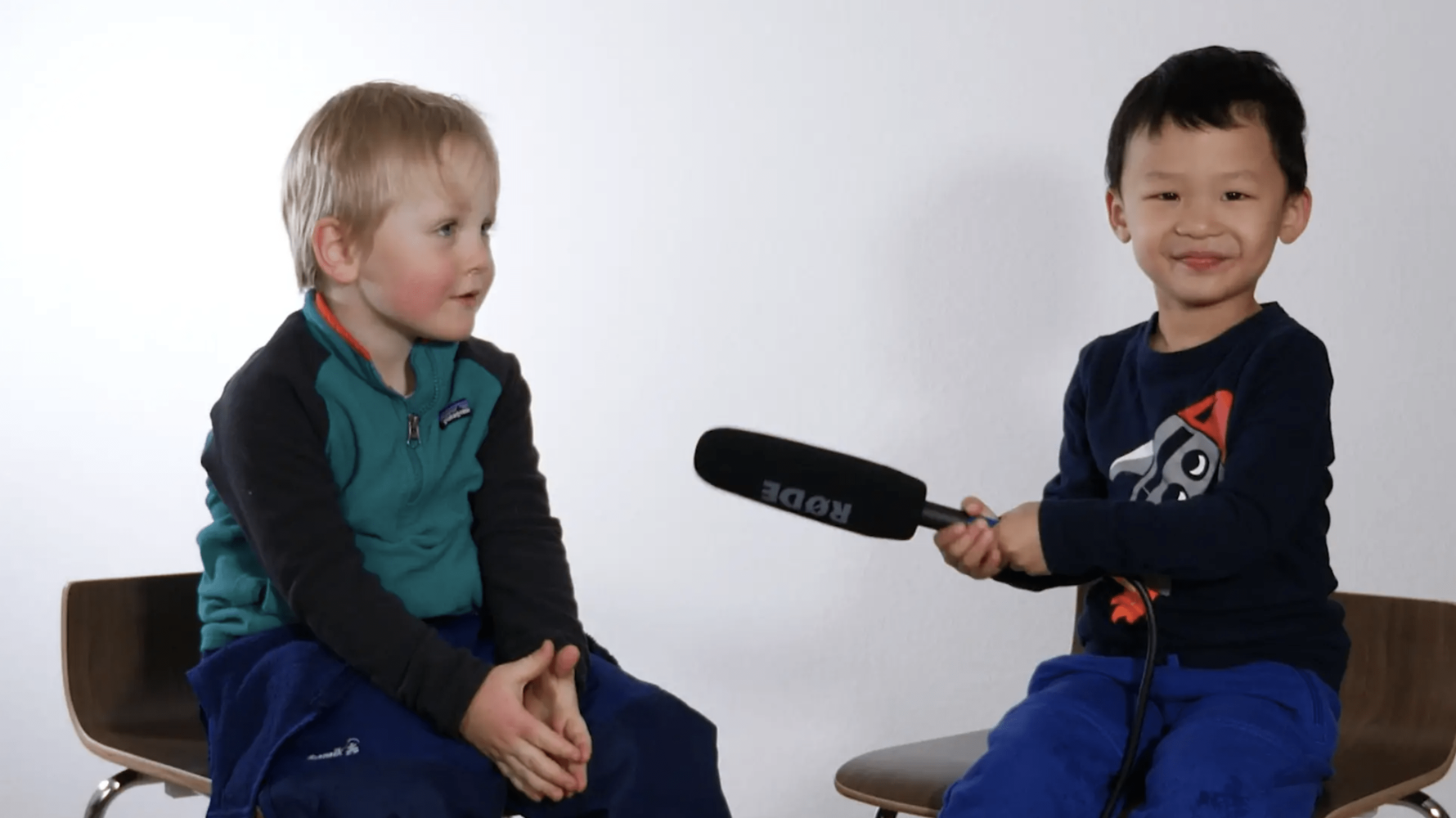
Kindergarten - children's free play with other children has declined
The problem of play – Over the past half-century children’s free play with other children has declined sharply. Monkeys play. Dogs play. Rats play. Even octopuses play. And without any instruction, children of all races and genders, in all cultures of the world, invent and reinvent play in every generation. Something this ubiquitous must provide evolutionary advantages to both animals and humans. Decades of research suggest just that. In particular, free play and guided play—together known as playful learning—are pedagogical tools through which children can learn in joyful and conceptually rich ways. Our students will examine this trend and make recommendations on how to bring more free play back into kids lives.
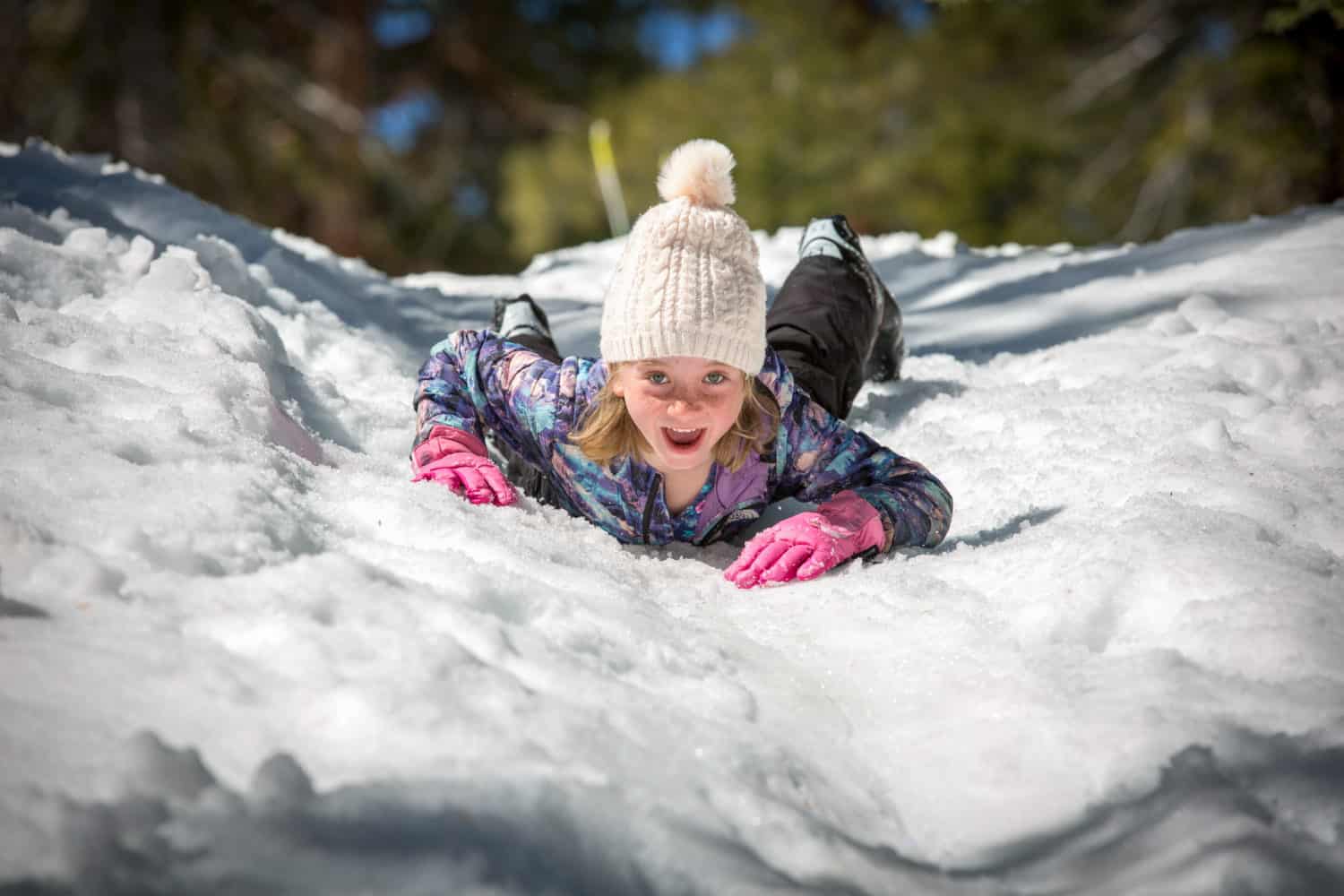
1st Grade - How can we nourish our bodies while nourishing the Earth?
How can we nourish our bodies while nourishing the Earth? Many people do not understand how their food choices affect both their personal wellness and the health of our planet. Many of us purchase our food at a store, with little thought or understanding of how that food was produced or the journey it made from the ‘farm to tummy’. We are increasingly disconnected – ie, what exactly is a goldfish cracker, after all? In addition, where does our food come from? Why is it shipped all over the world and what are the environmental effects of that? These are just a few of the ponders we will consider in first grade!
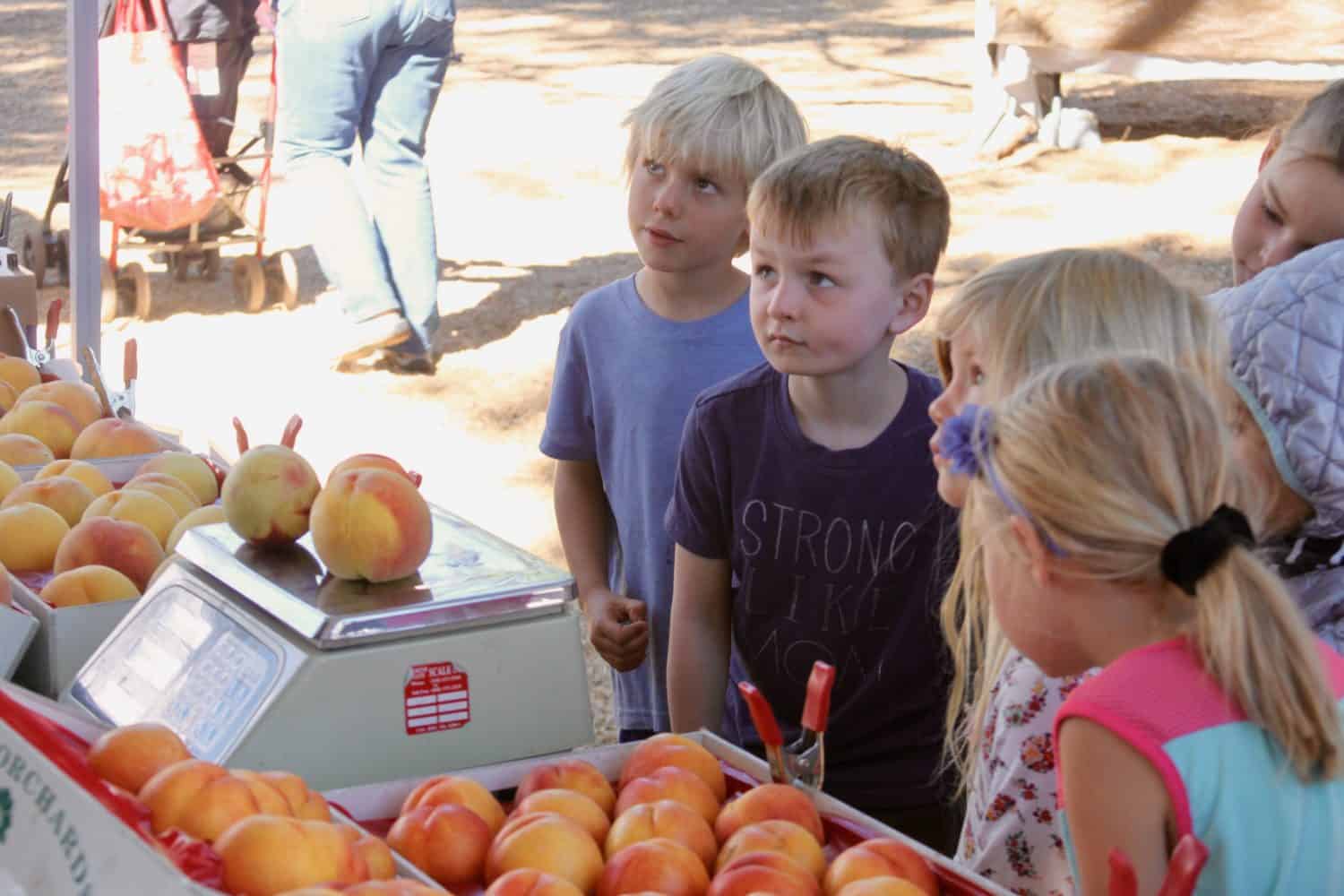
2nd Grade - We have become a “throw-away” society?
We have become a “throw-away” society? The reality is that anywhere there are people, you will find trash. We throw away garbage to keep our cities clean, but at this day and age, humans are producing so much that trash is having a devastating effect on our planet. As children, it is important to begin to understand how much “stuff” we throw away and the long-term ramifications that this has on the variety of complex and fragile ecosystems of Earth. We will become experts in understanding what we throw away and the “waste stream” of trash and recycling. We will study how trash impacts our own school and community and attempt to figure out how we can help make improvements individually, on our campus and in the Truckee/Tahoe Community.
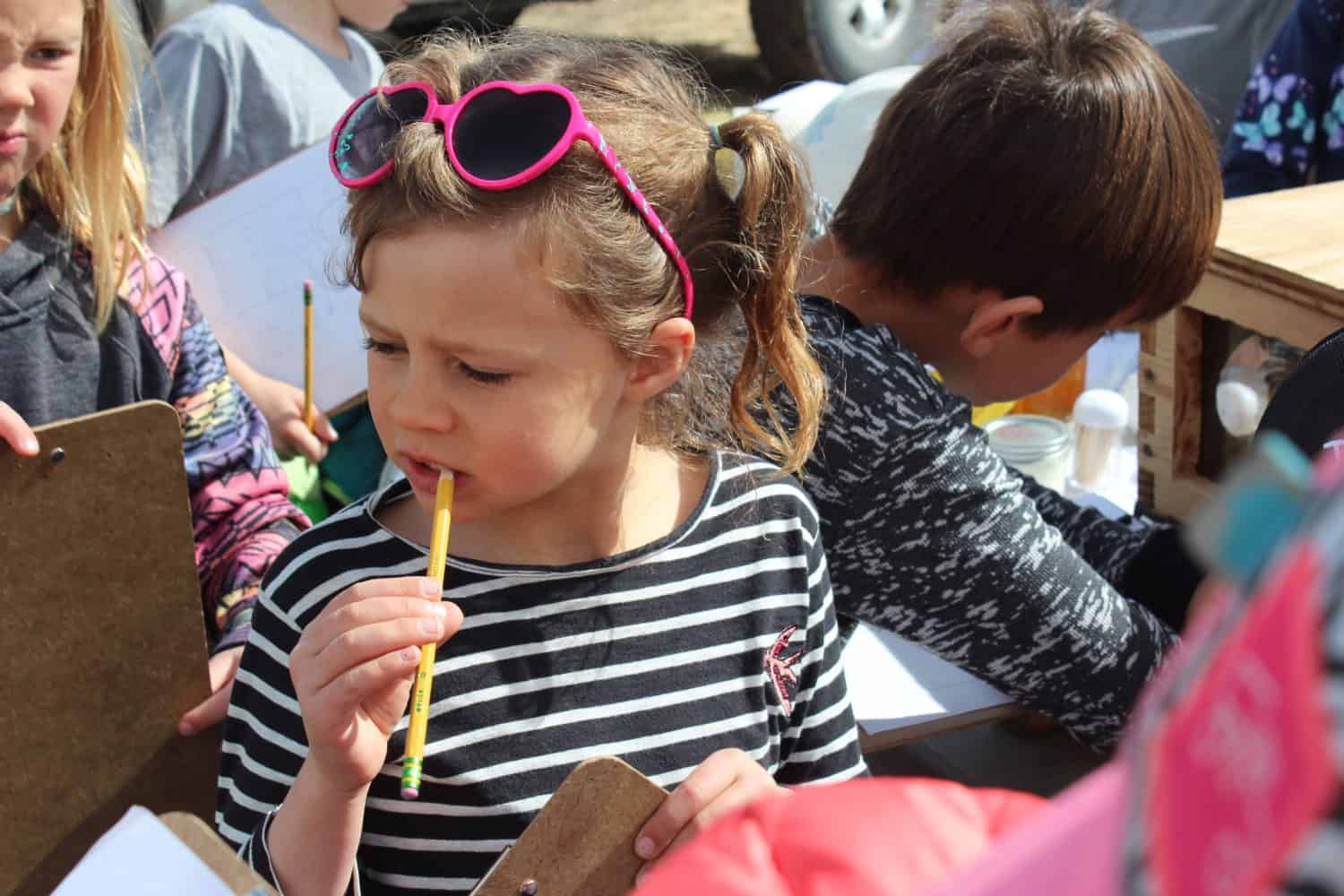
3rd Grade - What are the threats to the local freshwater resources and how can we protect these resources?
Our local freshwater resources are threatened and need to be protected. During our first expedition, our overarching guiding question will be: What are the threats to the local freshwater resources and how can we protect these resources? We will be looking at water quality and various factors that influence it, performing water quality tests, meeting with local experts, and learning about water rights. As we become experts in this topic, we will begin by getting a broad world view by comparing and contrasting lakes around the world and then will narrow down our study by following the Truckee River from Lake Tahoe to Pyramid Lake.
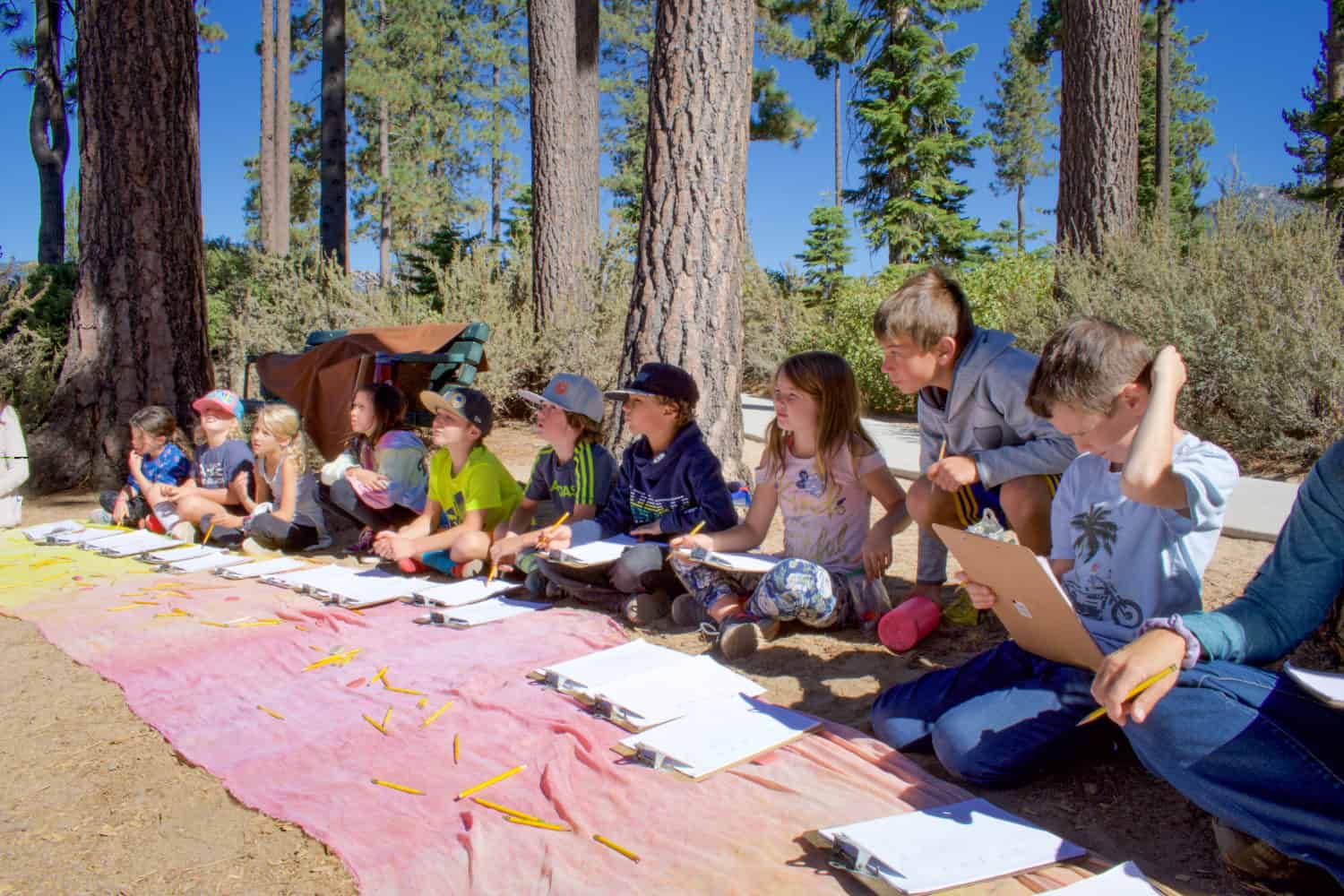
4th Grade - How can we help keep wild spaces wild?
Our wild spaces have a complicated history and are being unsustainably degraded by human impact. In our first expedition we will be exploring land ownership, use, and stewardship from various perspectives, and through the lenses of social studies (history & policy), science (erosion, climate change), and language arts (art & writing that champions wilderness). We will be addressing the following guiding questions: to whom does the land belong? What effect are human beings having on the land? What ethical responsibility do people have to the land? What is the purpose of creating art? We will be consulting with experts from different governing bodies, tribal nations, and interest groups, as well as embarking on field studies to different types of public land in California and Nevada from state parks, to National Parks, to BLM, to city parks, to national forests.
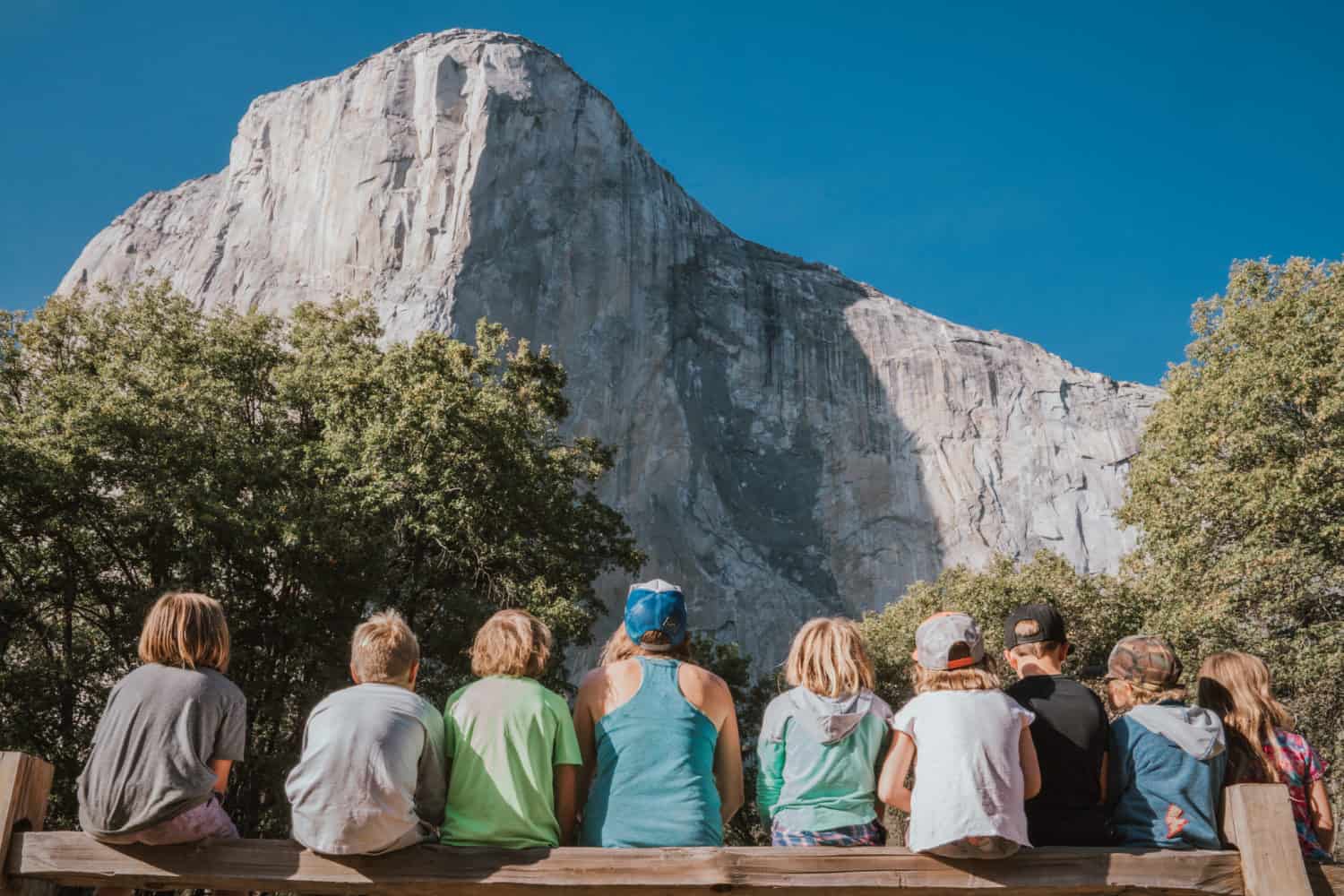
5th Grade - How can we use the Arts to raise awareness of human rights in the North Lake area?
Human Rights are threatened not only around the world but in our immediate community in access to housing, education, and more. In our first expedition, students will use literature, arts, and technology as mediums to develop as ethical people and bring awareness to local human rights issues. We will be consulting with artists in Nevada and California, human rights activists including Amnesty International, and will embark on fieldwork in San Francisco to dive deeper into issues as students become experts. Our guiding questions: What are human rights, and how can they be threatened? How can we use the Arts to raise awareness of human rights in the North Lake area?
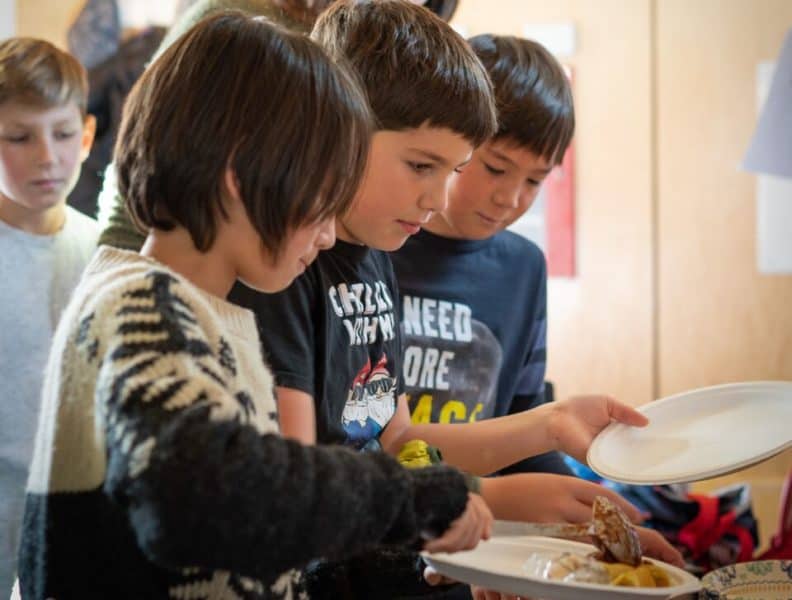
6th-Grade - Self & Society
Students will explore youth emboldenment and how today’s youth can effectively contribute to society using the arts (images, sounds, and stories) as a communication vehicle for change. Students will scaffold their ideas based on artistic contributions of individuals and groups throughout ancient civilizations. Students will also investigate different approaches to growing food through research and experience in an effort to address the reality that the world has limited resources and an ever-growing population. Meeting people’s nutritional needs in a sustainable way requires innovative thinking.
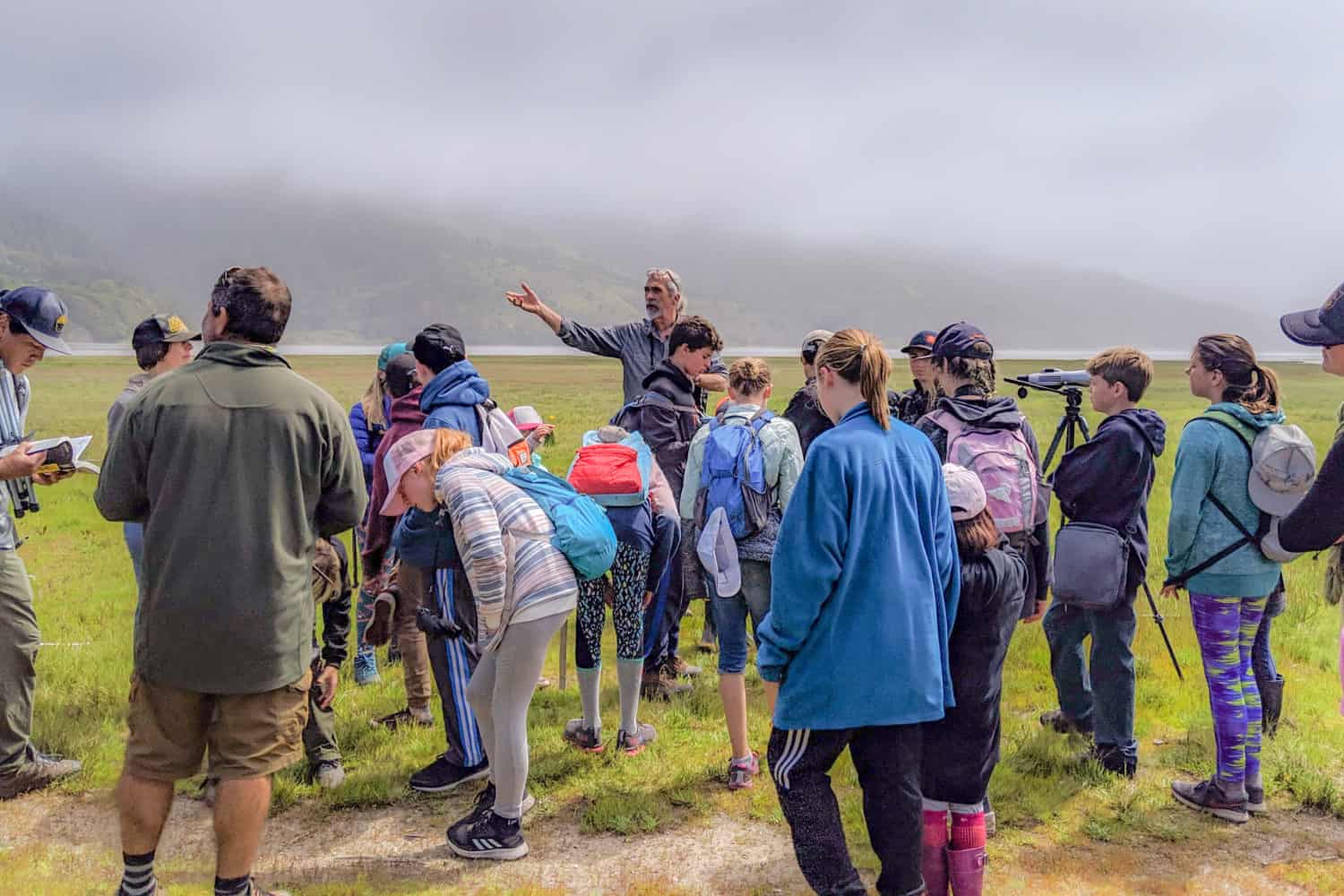
7th-Grade - The Balance of Power
The imbalance of power politically, socially, and physically has a lasting impact on our world. Students will look at how power has shifted over time and across multiple contexts. Through historical, scientific, and social lenses, students will identify how power is a dynamic force and how we can mitigate imbalance.
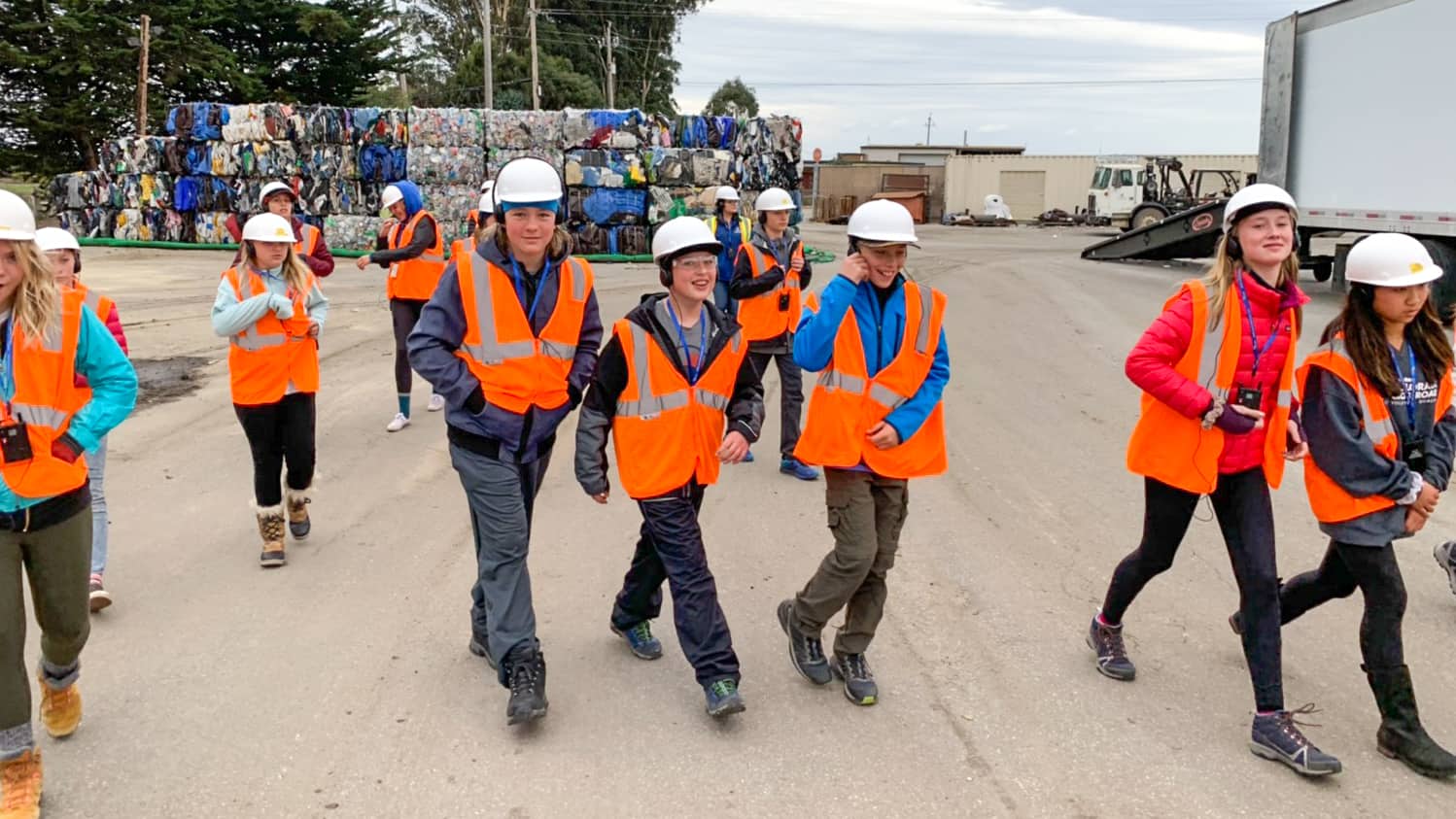
8th-Grade - How Can I Survive and Thrive in the Real-World?
In a VUCA (Volatile, Uncertain, Complex, Ambiguous) world, students need to develop skills to not only survive, but thrive. Students will look at the establishment and growth of varied civilizations over time, and will identify what causes a culture to survive, decline, or thrive. Through the study of physical science, students will explore the complex relationship between humans and the environment – investigating what is needed for an organism or ecosystem to thrive. Individually, students will analyze the impacts of their own decision making on divergent social, political, or environmental scales.
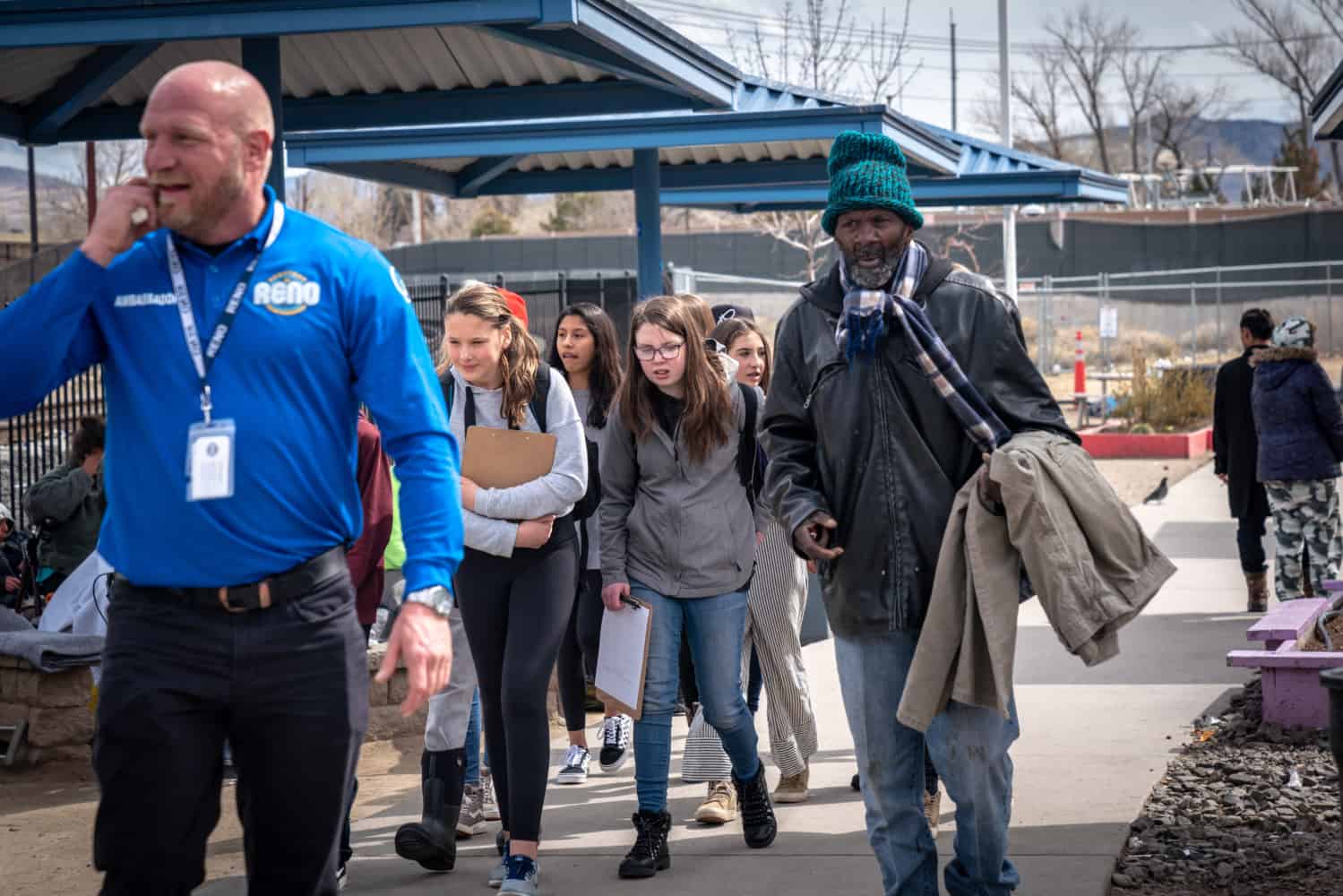
9th-Grade - Unity & Division
In this age of globalization, cultural divisions and a fear-based mentality continue to impact social interactions and ideas of acceptance. Students will investigate what divides us as humans and ways to unite us in spite of those differences. Through exploring the biological differences and comparing those to the sociological differences in people, students will determine the best ways to bring individuals and groups together to make society stronger.
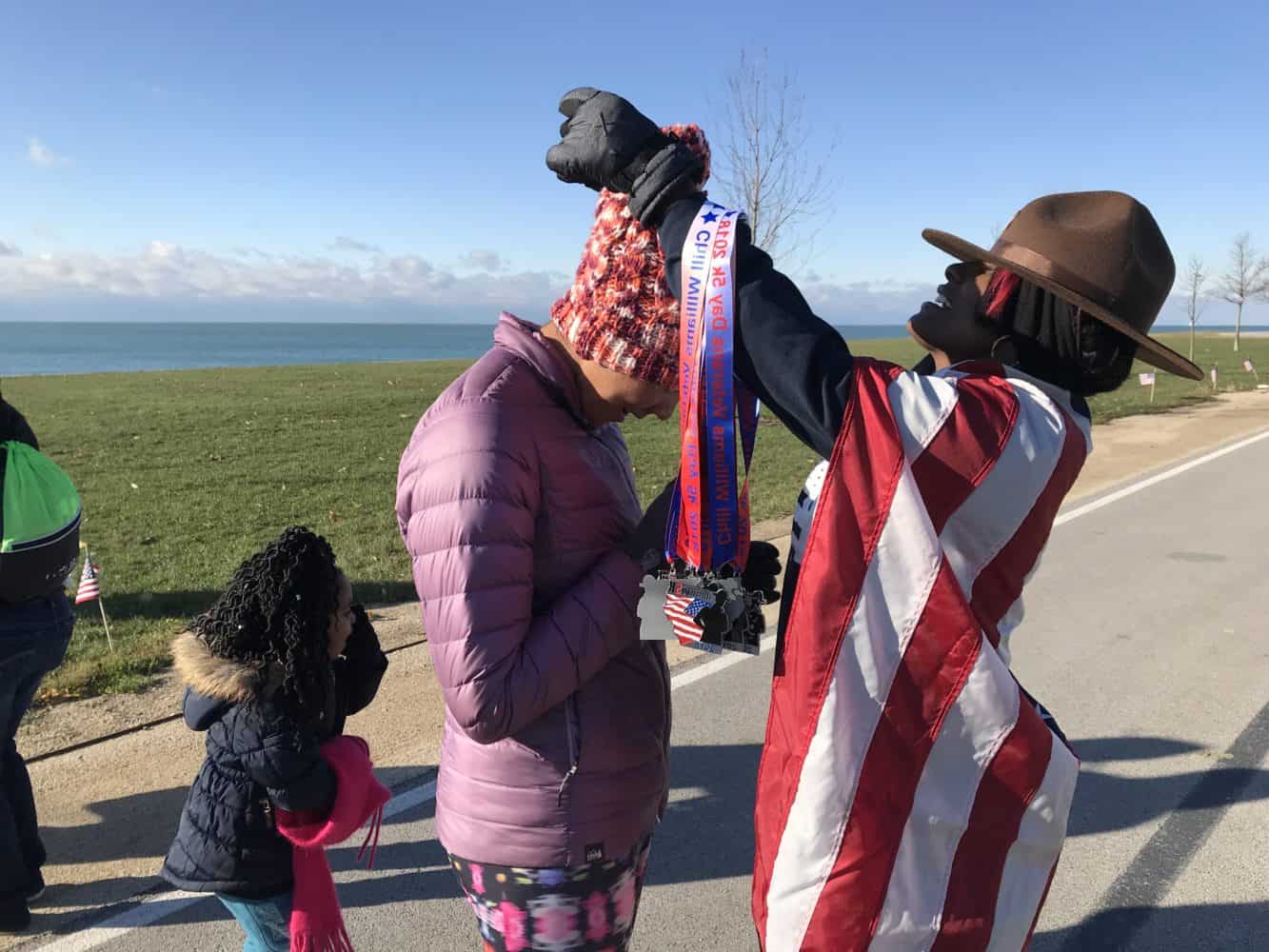
10th-Grade - Fire & Water
Communities, both globally and in the United States, have become increasingly affected by water scarcity and wildfires. Through the study of Chemistry, students will explore the evolution of the methods of storing and using energy and the effects that these systems had and are having on our environment. While studying Modern World History students will examine how fire has been weaponized throughout history as well as how aspects of progress have shifted the roles fire and water play in civilizations today.
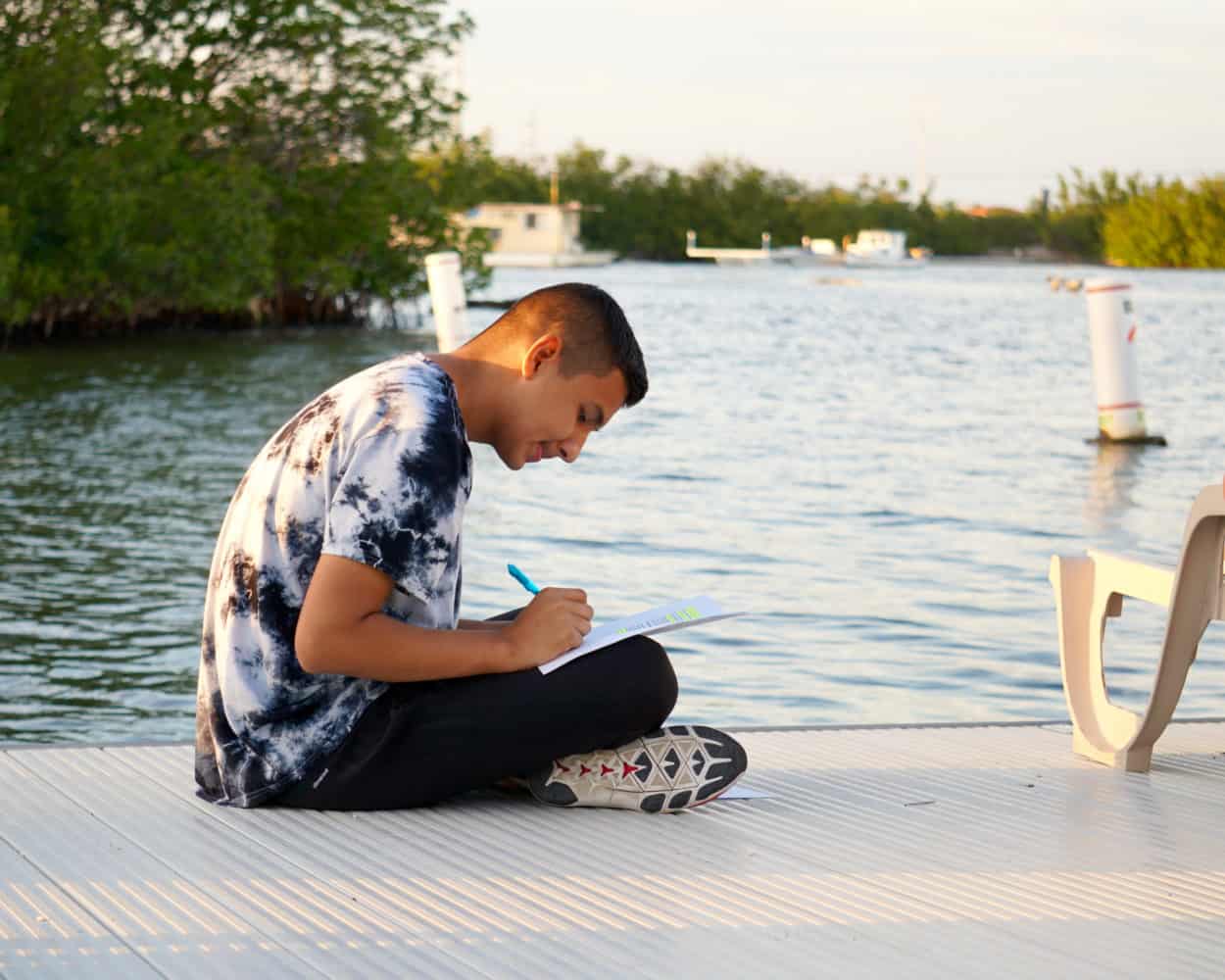
11th-Grade - How can we mitigate risk during high impact sports through the use of physics?
Forces, both societal and physical, powerfully impact each of us directly. Through Physics, students will consider how the same forces that allow us to enjoy recreation and transportation can also have devastating effects if not evaluated and mitigated. Through the lens of United States History, students will investigate the societal forces and movements throughout history that have been engineered for both good and evil. Through the lens of philosophy and literature, students will investigate how the force of the origins and development of science has shaped and presently guides western civilization. Students will participate in an ecological study to look at environmental impacts and will conduct research on how to mitigate risk during high impact sports through the use of physics.
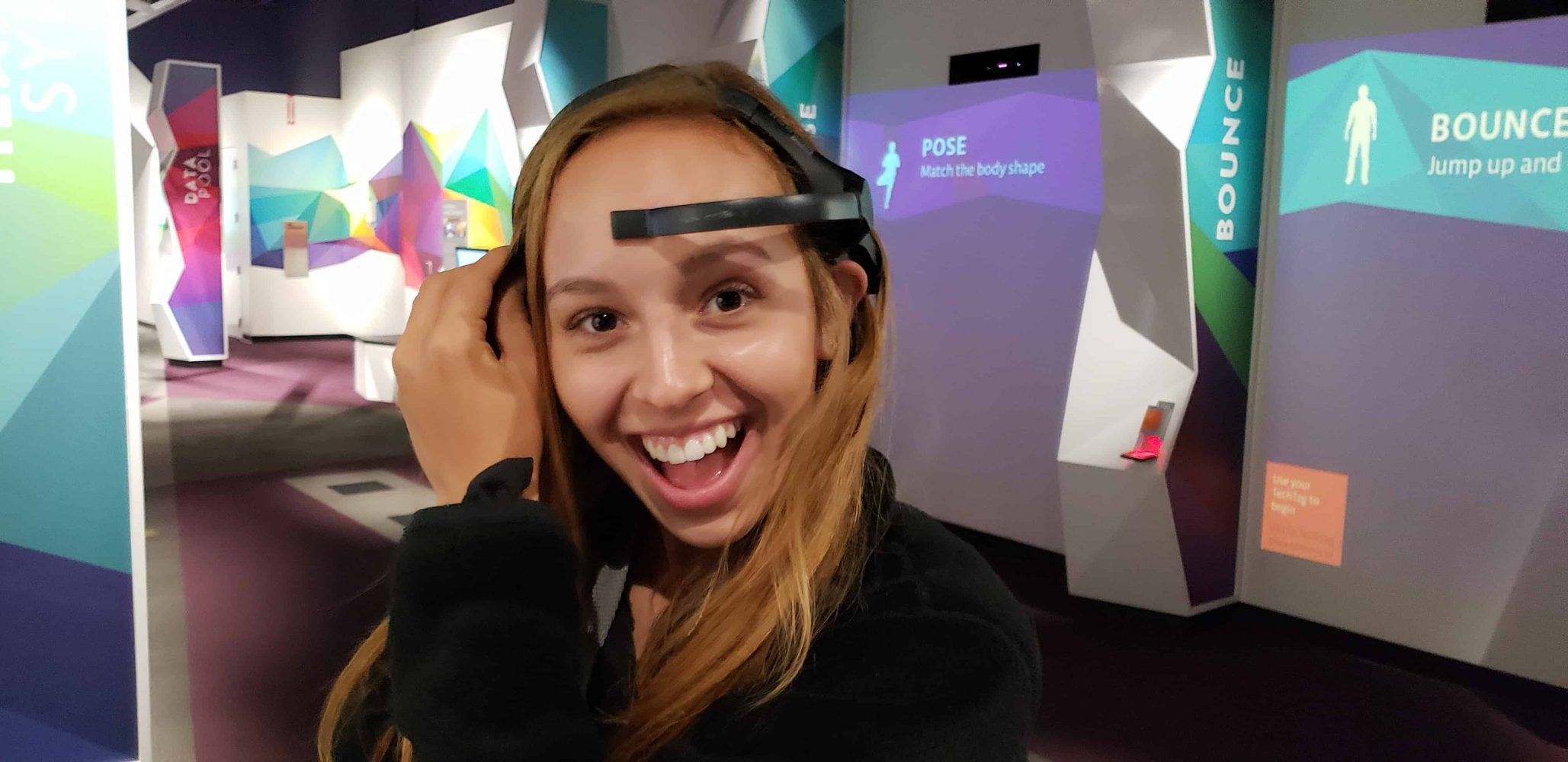
12th-Grade - Climate Change
Climate change is plaguing the world. Scientists have already evidenced the loss of sea ice, accelerated sea level rise and longer, more intense heat waves as ongoing impacts of climate change. Students will investigate the political and scientific challenges and solutions to climate change that impacts us on a global scale.
